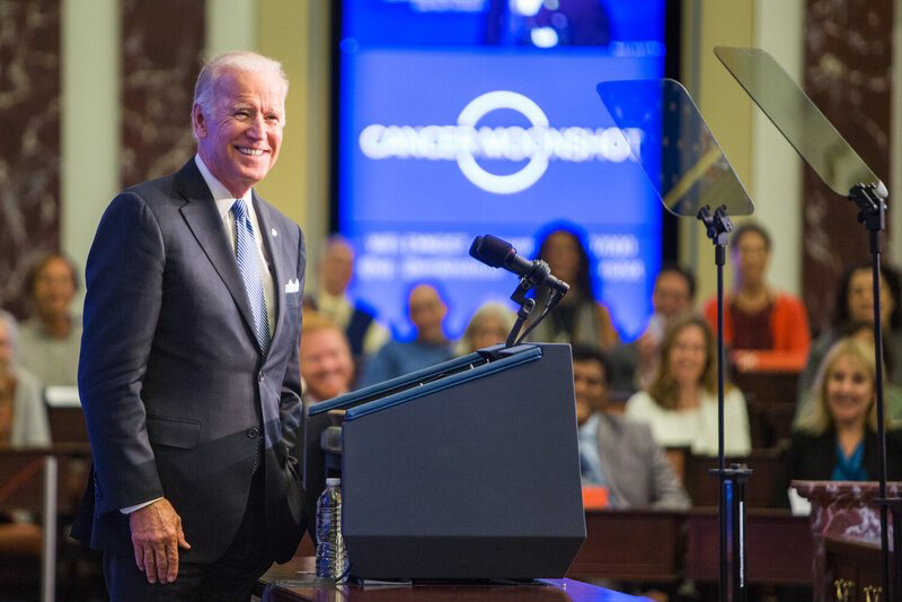
With Biden securing victory in the 2020 US election, there is speculation over what this means for the UK and Brexit negotiations with EU leaders.
This is increasingly significant as in October, Boris Johnson warned business leaders that “time is running out” to prepare for the end of Britain’s Brexit transition period on 1st January – a mere two months away. This means that the time for trade negotiation between both the US and the UK, and the EU and the UK, is rapidly closing. Katya Adler, the BBC’s Europe Editor, even commented that once again the deadline for talks of 15 November “is about to be smashed and extended”.
Unlike Trump, Biden is a well-known critic of Brexit. Mostly due to the fact that he has roots in Ireland which means that he is against a deal where the Good Friday agreement of 1998 is not respected. Biden is known for wanting an open border policy, much like the EU. This is explained in a tweet in September, where he declared that “Any trade deal between the US and UK must be contingent upon respect for the Agreement and preventing the return of a hard border. Period.”
But, it’s not just president-elect Biden who would potentially be against a UK-US trade deal if it broke this clause. Nancy Pelosi, the speaker in the House of Representatives, seconded this when she said that the UK could forget a trade deal with the US, if it did anything to undermine the peace process.
With the Trump administration, there were suspicions that there could have been a possibility of a deal due to his views of capitalism and a growing economy. But Biden’s ambitions for his administration, at first sight, do not appear to have a trade deal with the UK high on his list of priorities, if anywhere. This is especially as the Brexit negotiations are happening during Biden’s first term.
It seems more likely that he will “spend the first year or two reinstating the US in international bodies, including its presence at the WTO”, as Jason Langrish, executive director of the Canada Europe Roundtable for Business, told ITV. This would be instead of focusing on a trade deal with the UK – a much smaller country.
Biden’s priority is simple: America. With the handling of coronavirus and nationwide protests about systemic racial inequality, it seems that there is a great challenge in restoring integrity to the US.
A political difference between the two leaders is also clear, seen when Joe Biden called Boris Johnson a “physical and emotional clone” of Donald Trump in 2019 – suggesting another reason why he might lack a desire to enter into negotiations with Britain.
However, even Boris Johnson – a known supporter of the Trump administration – congratulated Biden on his victory; stating in a tweet that he looked “forward to strengthening the partnership between our countries and to working with him on our shared priorities – from tackling climate change, to promoting democracy and building back better from the pandemic.” Evidence that this promise will be carried out is seen in a recent 20-minute telephone call between Biden and Johnson, where they sought common ground such as “promoting global health security; pursuing a sustainable economic recovery; combating climate change; strengthening democracy, and working together on issues such as the Western Balkans and Ukraine,” according to the Biden transition team. Perhaps there is hope for a trade deal between the two nations.
After all, before the election the countries had a longstanding “special relationship.” So why should that change? Especially if the people of both nations do not wish it to.
But with the election over, could UK-US relations change in the coming months?



Average Rating